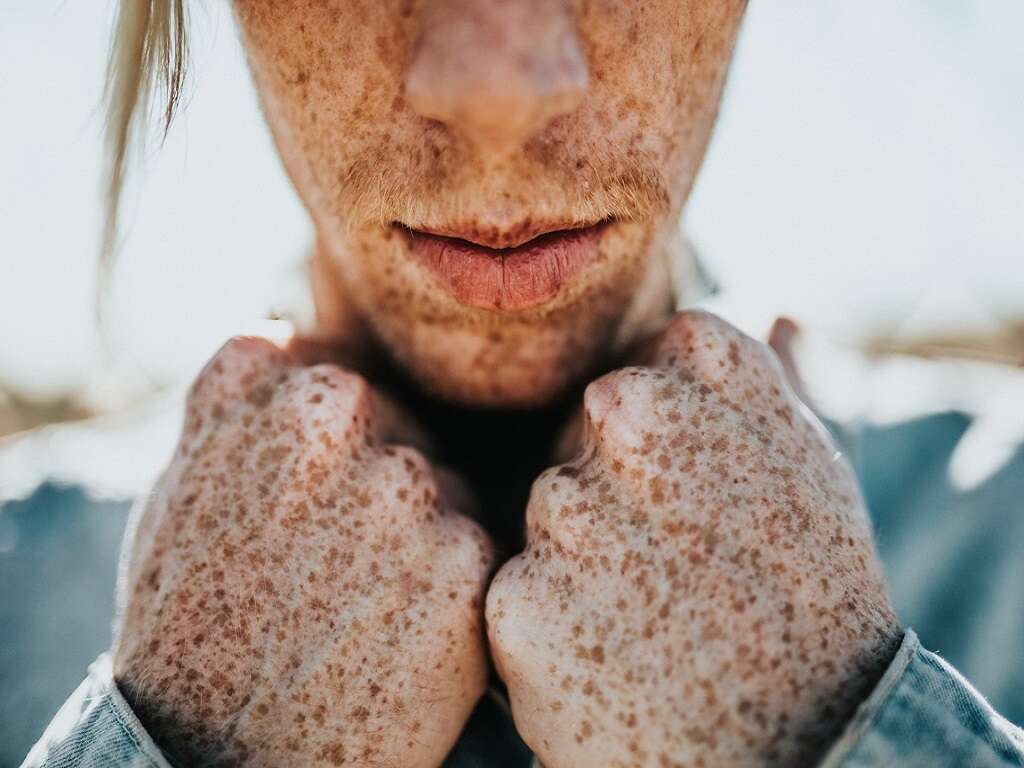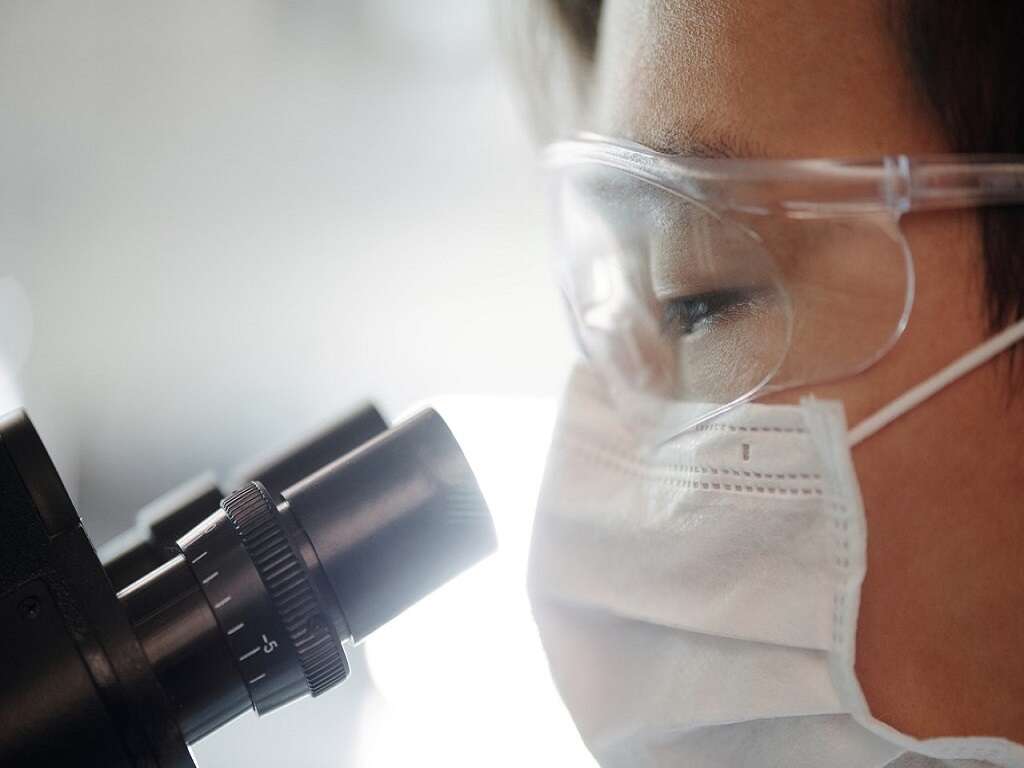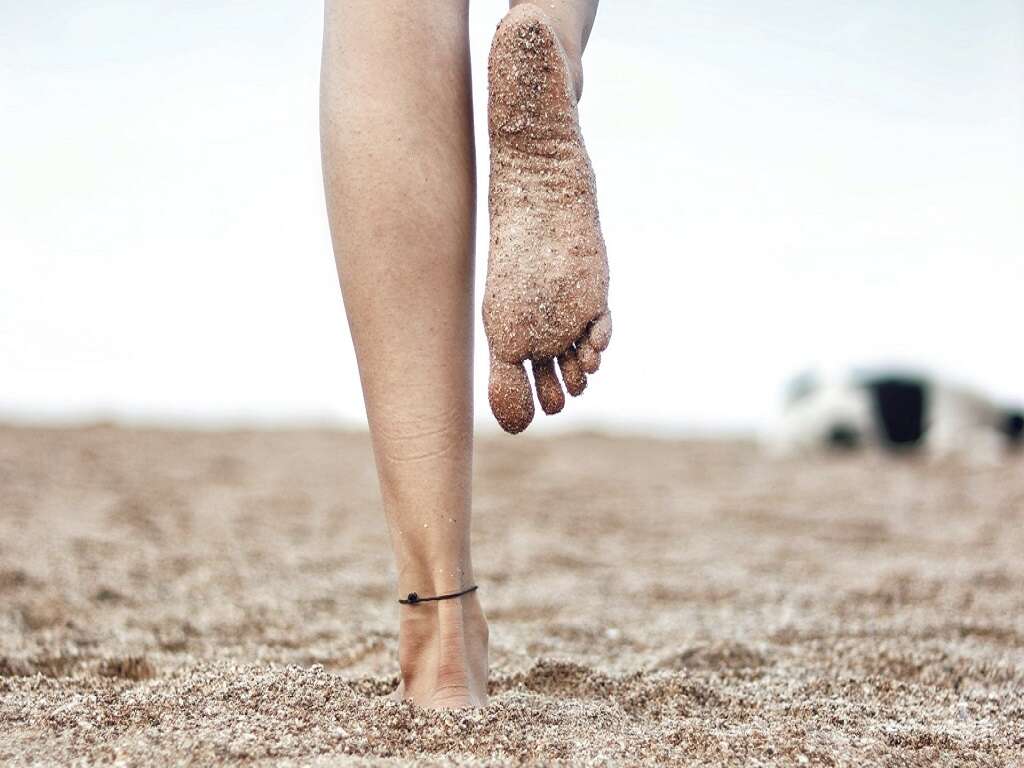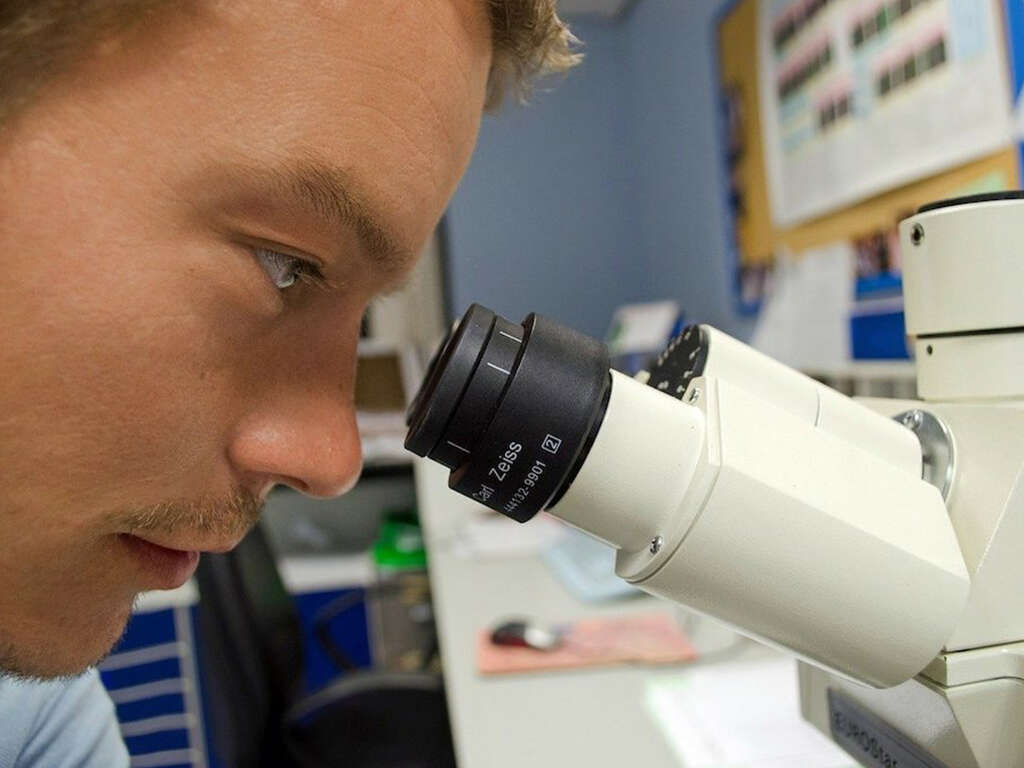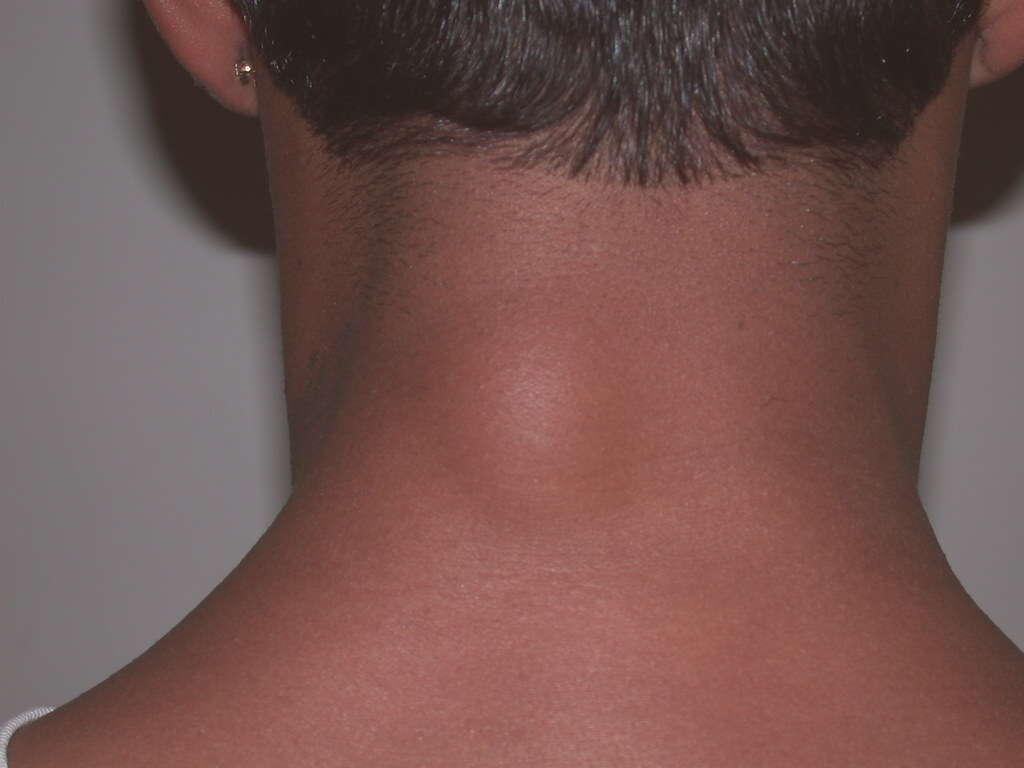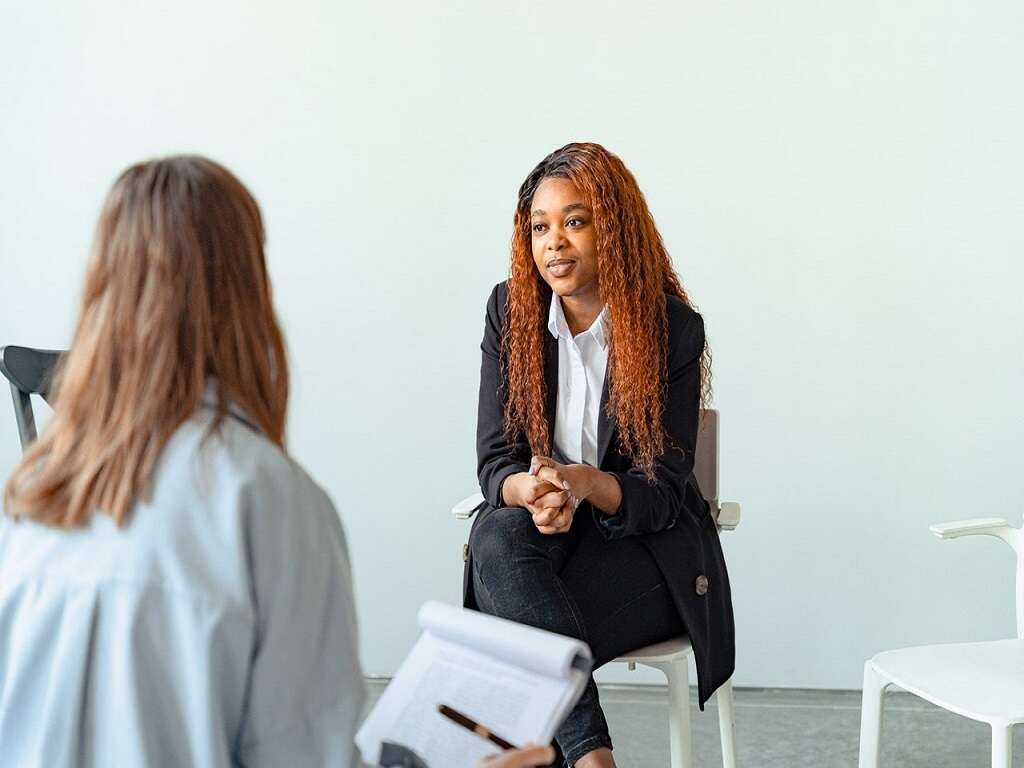10 Cyst Symptoms
There are many types of cysts, some sharing the same symptoms, while others may differ. They can grow almost anywhere in the body or under the skin. The sac-like pockets of membranous tissue contain air, fluid and other substances and are mainly benign or noncancerous.
A cyst may develop in a person's body due to trauma or infection that causes blockage in a duct. Cysts can appear as a bump on the skin or so deep down in the body that a person cannot feel them. There are a variety of cyst symptoms for different varieties.
Pelvic Pain
One of the more common cysts is an ovarian cyst. They can develop in a person's ovary or on its surface. It is not uncommon for a woman to develop this type of cyst at some point, although they are generally harmless and rarely cause much, if any, discomfort.
Most women won't experience any symptoms with ovarian cysts, but if they encounter any, one of them could be pelvic pain. Besides being an occasional symptom of ovarian cysts, pelvic pain can also occur for several other reasons, such as menstrual cramps, urinary tract infection and pelvic inflammatory disease.
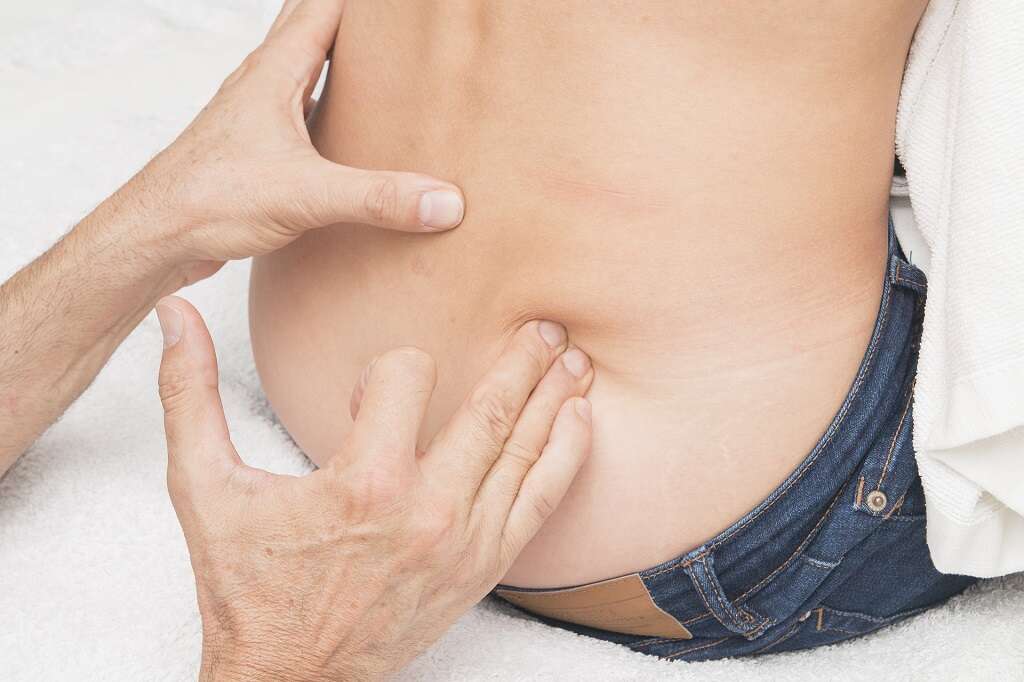
Pain During Sex
Continuing with ovarian cysts, another symptom that a woman may encounter with this cyst is pain during sexual intercourse. Most ovarian cysts go away on their own without medical intervention.
Symptoms of ovarian cysts usually occur if the cyst has ruptured, is overly big or blocks the blood supply to the ovaries. When one or more of these problems occur, a person may experience some degree of pain during intercourse.

Heavy Periods
Losing more than 60-80ml of blood during a period or a period lasting over seven days would define a heavy menstrual cycle. Sudden heavy periods may result from normal hormonal fluctuations. They could also indicate an underlying health condition, such as an ovarian cyst.
Other causes of heavy periods are fibroids. These noncancerous growths of the muscle tissue of the uterus can cause heavy periods and may also be painful.

Frequently Urinating
Moving on from ovarian cysts, a symptom of another type of cyst, bladder cysts, is the frequent need to visit the bathroom to urinate. These cysts develop inside the lining of the urinary bladder and are rare in anyone with an otherwise normal urinary tract.
Like ovarian cysts, those inside the bladder lining don't normally cause symptoms unless the cyst is large or linked to an underlying condition. Under these circumstances, an individual may experience urine incontinence or a frequent urge to urinate.

Foul-Smelling Urine
Another symptom of bladder cysts is the foul-smelling urine that can sometimes occur when a person pees. This isn't necessarily something to worry about in most cases, but it could indicate an underlying health condition.
Besides a possible symptom of bladder cysts, urine odor can also result from dehydration, which may also cause the urine to appear dark yellow or orange. Liver disease and urinary tract infections are other causes of foul-smelling urine.

Bladder Stones
Frequent urination, especially during the night, pain in the lower abdomen, bloody or cloudy urine and a stinging sensation in the urethra when peeing could be an indication of bladder stones. Bladder stones increase the risk of developing bladder cysts.
Older people with prostate problems are more prone to bladder stones than any other group. The stones form when concentrated urine hardens in the bladder after urination. Causes include bladder infections, an enlarged prostate gland, a damaged urethra, a weak bladder and bladder cysts.
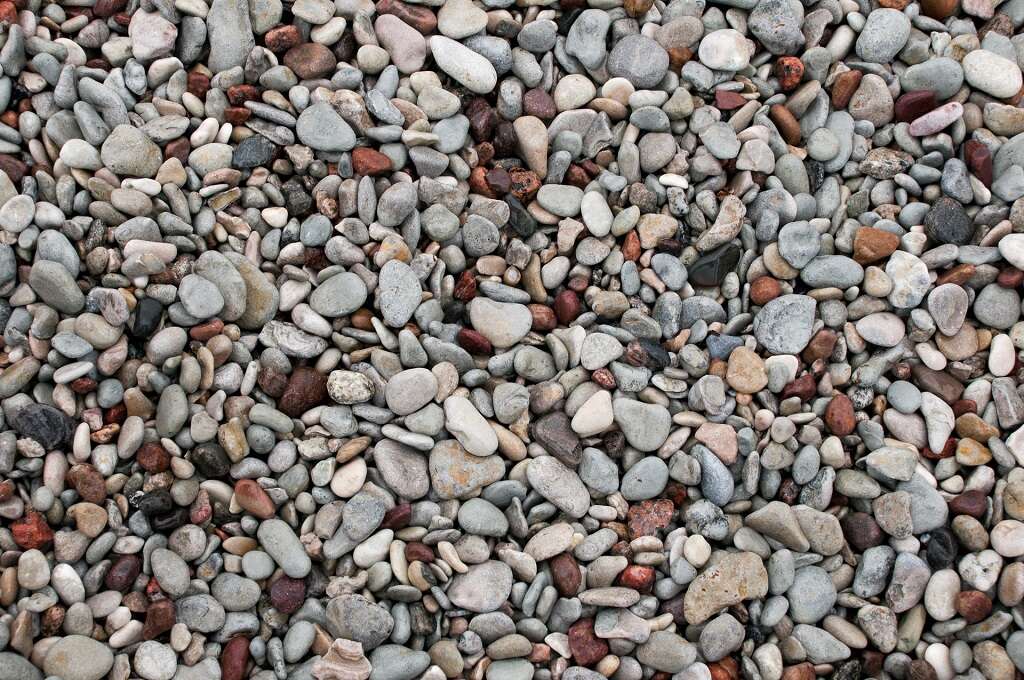
Numbness and Tingling
Another type of cyst, a ganglion, normally appears in the tendons or joints of an individual's hand, wrist, ankles and feet. The round, gel-filled lump of tissue that feels like jelly to touch is harmless and rarely causes problems unless it grows and exerts pressure on other joints.
Ganglion cysts are normally painless, but if they do happen to grow in size, pressure could be exerted onto the nerve resulting in pain, numbers and a tingling sensation.

Knee Pain
A baker's cyst or a popliteal, as it's also called, is a cyst that develops at the back of a person's knee. The fluid-filled swelling causes a bulge and tightness behind the knee, causing some discomfort and making it difficult to fully extend the leg.
Extending the knee, taking part in physical activity or standing for long periods of time can result in an increase in pain felt by an individual. As a result, knee pain is a major symptom of a Baker's cyst.
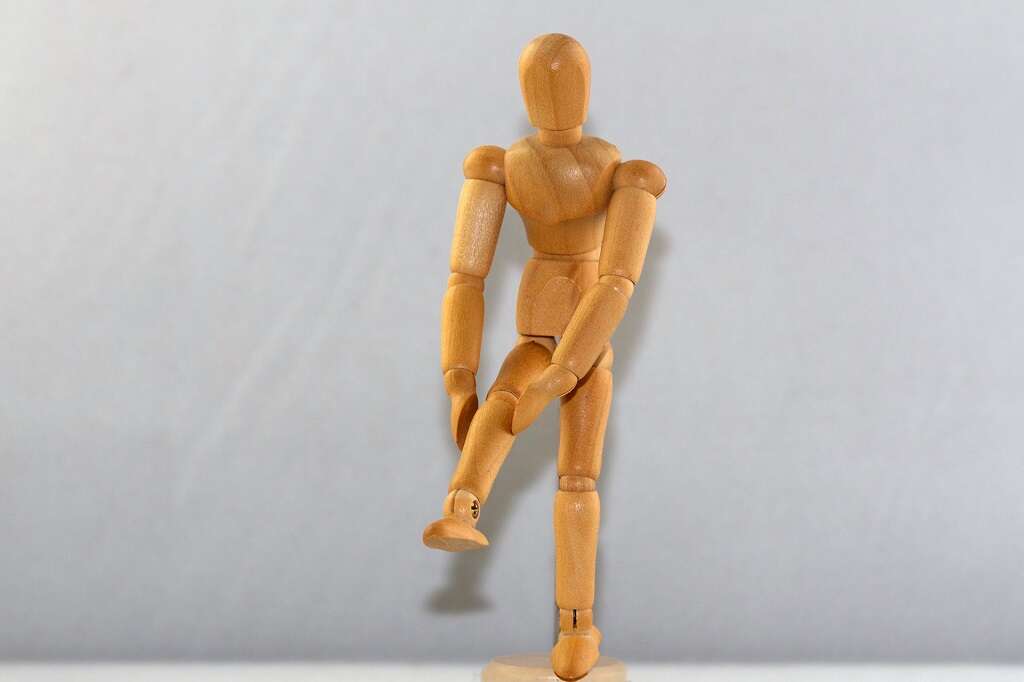
Ice Pick Scars (Pits in the Skin)
Acne is not uncommon among adolescents. An estimated 80 percent of individuals between 11 and 30 years old experience it at some point. A more severe, and rarer type of acne is cystic acne. It is caused by blocked pores in the skin that lead to infection and inflammation.
Familiar acne symptoms include whiteheads and blackheads, small red bumps and scarring of the skin. Due to its severity, cystic acne symptoms are more visible and include small, deep pits in the skin.

Blood in the Urine
Discovering a cyst on the kidneys may initially cause alarm, but they are rarely harmful and common occurrences. The fluid-filled sacs that form on the kidneys seldom cause complications. However, if they grow to a considerable size they may cause pain, become infected or cause other symptoms such as blood in the urine.
Blood in the urine, known as hematuria, occurs due to the kidneys or other parts of the urinary tract allowing blood cells to leak into the urine.




